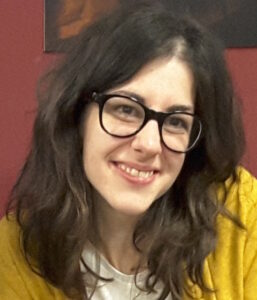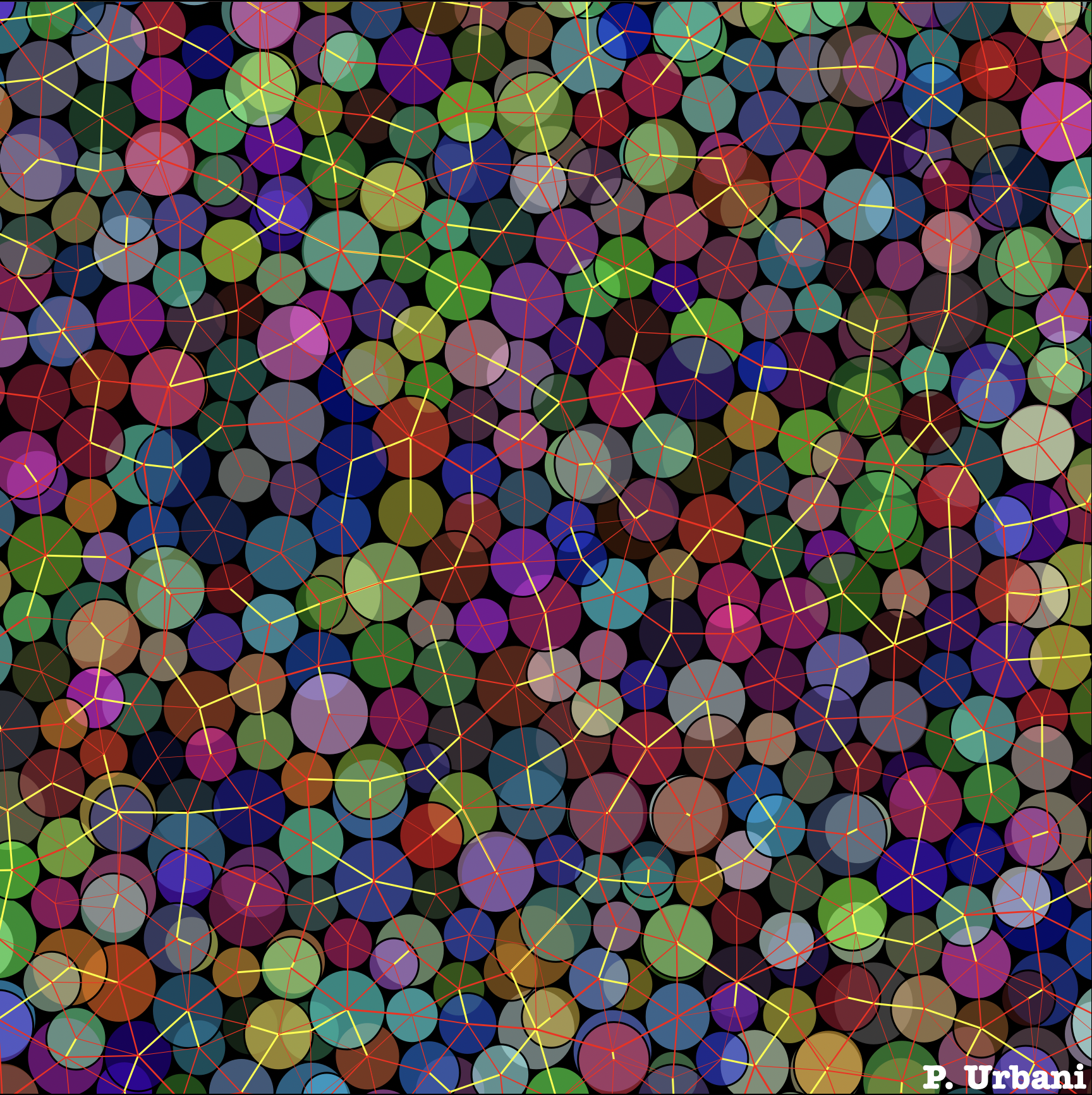Elective courses, M2 First semester, courses
Disordered systems
Most physical systems in nature can be considered as disordered in the sense that either the relevant dynamical degrees of freedom interact heterogeneously, or because they are subjected to random forces or fields or because they are frozen into amorphous/glassy structures. In all these cases, disorder gives rise to a complex and rich phenomenology characterized for example by metastability, the emergence of rough energy landscapes, slow dynamics and avalanche-like responses. The study of disordered systems has become important not only because they are central in statistical and condensed matter physics but also because the theoretical concepts developed to study them have important ramifications in a large variety of fields including computer science, optimization, statistics, high-dimensional inference and learning problems. This course will introduce a broad class of classical disordered systems and will discuss the theoretical fundamental concepts and methods to understand their equilibrium and out of equilibrium physics. A particular attention will be devoted to discuss how such concepts and methods can be apply beyond physics.
Bibliography
– Mézard, Parisi & Virasoro, Spin glass theory and beyond, World Scientific.
– Parisi, Urbani & Zamponi, Theory of simple glasses, Cambridge University Press.
– Nishimori, Statistical physics of spin glasses and information processing, Oxford University Press
– Engel, Van Den Broeck, Statistical mechanics of Learning, Cambridge University Press.
– Parisi, Urbani & Zamponi, Theory of simple glasses, Cambridge University Press.
– Nishimori, Statistical physics of spin glasses and information processing, Oxford University Press
– Engel, Van Den Broeck, Statistical mechanics of Learning, Cambridge University Press.
 Valentina Ros (LPTMS, Université Paris-Saclay)
Valentina Ros (LPTMS, Université Paris-Saclay)

Keywords:
Comments are closed


